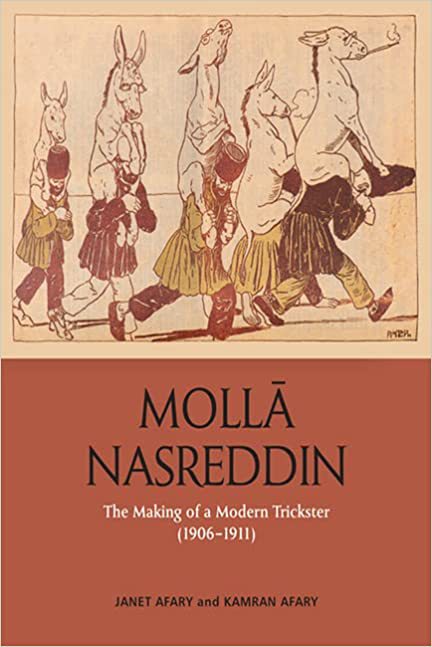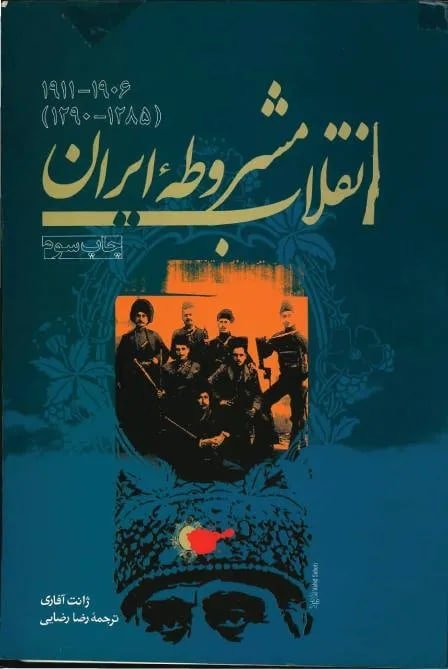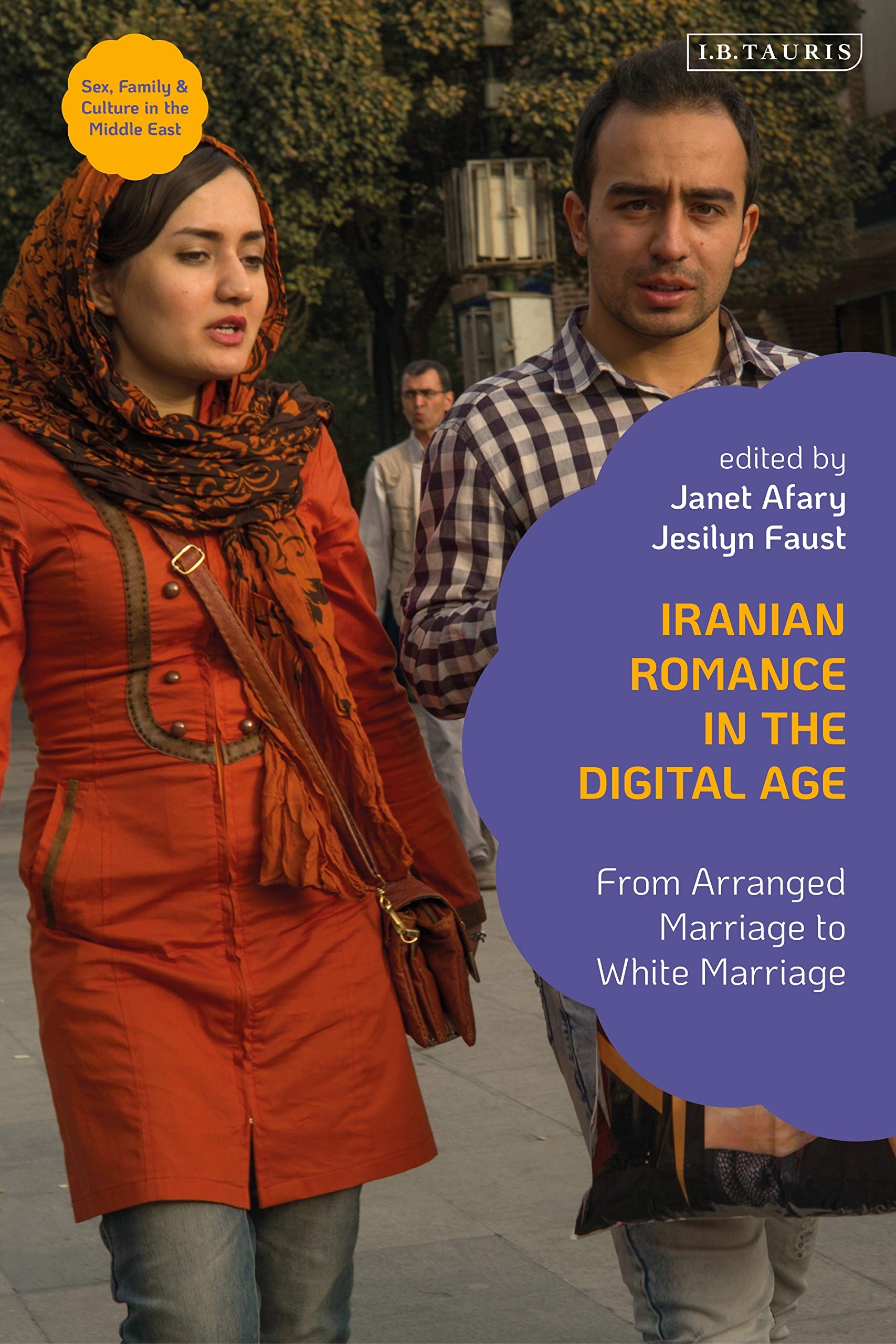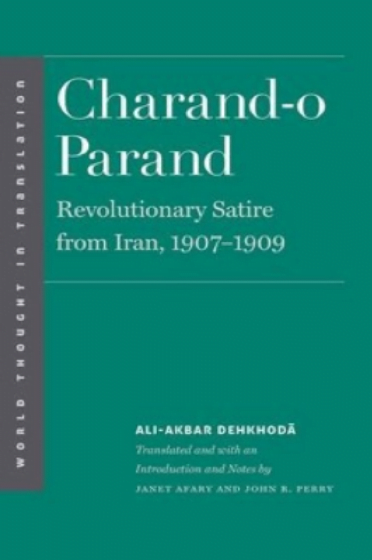Molla Nasreddin: The Making of a Modern Trickster, 1906-1911

Publisher: Edinburgh University Press
Date: April 21, 2022
ISBN-10: 1474499503
ISBN-13: 978-1474499507
Translations:
- Winner of The British-Kuwait Friendship Society 2023 Prize.
- Winner of American Historical Association (AHA) 2023 Prize.
- BBC Documentary نگاهی به تاریخچه نشریه ملانصرالدین
In the early twentieth century, a group of artists and intellectuals reinterpreted the Middle Eastern trickster figure Nasreddin in their periodical Mollā Nasreddin. They used folklore, visual art and satire to disseminate a consciously radical and social democratic discourse on religion, gender, sexuality and power in Transcaucasia and Iran. The periodical reached tens of thousands of people in the Muslim world, impacting the thinking of a generation.
This highly-illustrated book explores the milieu in which Mollā Nasreddin was born, the way the periodical recreated the trickster trope, and the influence of European graphic artists, especially Francisco Goya, on the journal. It focuses on the most creative period, 1906-11, when the journal reflected the social and political concerns of three major upheavals: the 1905 Russian Revolution, the 1906–1911 Iranian Constitutional Revolution, and the 1908 Young Turk Movement.
About the Author
Janet Afary is Mellichamp Chair and Professor of Religious Studies at the University of California Santa Barbara. She is author of Sexual Politics in Modern Iran (Cambridge University Press, 2009) (Winner of the British Society for Middle East Studies-British-Kuwait Friendship Society Prize), Foucault and the Iranian Revolution: Gender and the Seductions of Islamism (with Kevin B. Anderson) (University of Chicago Press, 2005) (Winner of Latifeh Yarshater Award: Best Book in Iranian Women’s Studies-Persian Heritage Foundation) and The Iranian Constitutional Revolution of 1906-11: Grassroots Democracy, Social Democracy, and the Origins of Feminism (Columbia University Press, 1996).
Kamran Afary is Assistant Professor in the Department of Communication Studies at California State University, Los Angeles. He is co-editor (with A. Marianne Fritz,) of Communication Research on Expressive Arts and Narrative as Forms of Healing: More than Words (Rowman & Littlefield Publishing, 2020) and co-author (with Shirazi, Ziba) of Iranian Diaspora Identities: Stories and Songs (Rowman & Littlefield Publishing, 2020).
From the Back Cover
A study of the iconic illustrated periodical Mollā Nasreddin, whose editors, writers and illustrators were Muslims and Georgians of South Caucasus In 1906, a group of artists and intellectuals reinterpreted the tales of the Middle Eastern trickster Nasreddin to construct a progressive anti-colonial discourse with a strong emphasis on social, political and religious reform. Using folklore, visual art and satire, their periodical – Mollā Nasreddin – which had full-page lithographic cartoons in colour, reached tens of thousands of people across the Muslim world, from Iran and Turkey, to India and Egypt, impacting the thinking of a generation. The founder of the periodical was Jalil Mamedqolizadeh, an Azerbaijani educator and playwright. As a transnational and social democratic publication, Mollā Nasreddin saw itself as a mouthpiece for other persecuted Muslim populations and colonised peoples around the globe. This book looks at the milieu in which the periodical was born, the manner through which the journal recast the trickster trope for its audience, and the influence of European graphic artists on its cartoons and illustrations. Key features Provides a new reading of the text and illustrations of one of the best-known journals in the Muslim region in the early 20th century Based on primary and secondary materials in Azerbaijani, Persian, Russian and Georgian languages, as well as English and French sources, collected on trips to Baku, Tbilisi, Moscow and Tehran, and translated with the help of a team of researchers from the region Carefully curates a selection of over 300 colour images from Mollā Nasreddin Janet Afary holds the Mellichamp Chair in Global Religion and Modernity at the University of California, Santa Barbara, where she is a Professor of Religious Studies. Kamran Afary is Associate Professor of Communication Studies at California State University Los Angeles and Lecturer at the Drama Therapy Institute of Los Angeles.
Overview
- Winner of The British-Kuwait Friendship Society 2023 Prize.
- Winner of American Historical Association (AHA) 2023 Prize.
- BBC Documentary نگاهی به تاریخچه نشریه ملانصرالدین
In the early twentieth century, a group of artists and intellectuals reinterpreted the Middle Eastern trickster figure Nasreddin in their periodical Mollā Nasreddin. They used folklore, visual art and satire to disseminate a consciously radical and social democratic discourse on religion, gender, sexuality and power in Transcaucasia and Iran. The periodical reached tens of thousands of people in the Muslim world, impacting the thinking of a generation.
This highly-illustrated book explores the milieu in which Mollā Nasreddin was born, the way the periodical recreated the trickster trope, and the influence of European graphic artists, especially Francisco Goya, on the journal. It focuses on the most creative period, 1906-11, when the journal reflected the social and political concerns of three major upheavals: the 1905 Russian Revolution, the 1906–1911 Iranian Constitutional Revolution, and the 1908 Young Turk Movement.
About the Author
Janet Afary is Mellichamp Chair and Professor of Religious Studies at the University of California Santa Barbara. She is author of Sexual Politics in Modern Iran (Cambridge University Press, 2009) (Winner of the British Society for Middle East Studies-British-Kuwait Friendship Society Prize), Foucault and the Iranian Revolution: Gender and the Seductions of Islamism (with Kevin B. Anderson) (University of Chicago Press, 2005) (Winner of Latifeh Yarshater Award: Best Book in Iranian Women’s Studies-Persian Heritage Foundation) and The Iranian Constitutional Revolution of 1906-11: Grassroots Democracy, Social Democracy, and the Origins of Feminism (Columbia University Press, 1996).
Kamran Afary is Assistant Professor in the Department of Communication Studies at California State University, Los Angeles. He is co-editor (with A. Marianne Fritz,) of Communication Research on Expressive Arts and Narrative as Forms of Healing: More than Words (Rowman & Littlefield Publishing, 2020) and co-author (with Shirazi, Ziba) of Iranian Diaspora Identities: Stories and Songs (Rowman & Littlefield Publishing, 2020).
Book Reviews
Back Cover
From the Back Cover
A study of the iconic illustrated periodical Mollā Nasreddin, whose editors, writers and illustrators were Muslims and Georgians of South Caucasus In 1906, a group of artists and intellectuals reinterpreted the tales of the Middle Eastern trickster Nasreddin to construct a progressive anti-colonial discourse with a strong emphasis on social, political and religious reform. Using folklore, visual art and satire, their periodical – Mollā Nasreddin – which had full-page lithographic cartoons in colour, reached tens of thousands of people across the Muslim world, from Iran and Turkey, to India and Egypt, impacting the thinking of a generation. The founder of the periodical was Jalil Mamedqolizadeh, an Azerbaijani educator and playwright. As a transnational and social democratic publication, Mollā Nasreddin saw itself as a mouthpiece for other persecuted Muslim populations and colonised peoples around the globe. This book looks at the milieu in which the periodical was born, the manner through which the journal recast the trickster trope for its audience, and the influence of European graphic artists on its cartoons and illustrations. Key features Provides a new reading of the text and illustrations of one of the best-known journals in the Muslim region in the early 20th century Based on primary and secondary materials in Azerbaijani, Persian, Russian and Georgian languages, as well as English and French sources, collected on trips to Baku, Tbilisi, Moscow and Tehran, and translated with the help of a team of researchers from the region Carefully curates a selection of over 300 colour images from Mollā Nasreddin Janet Afary holds the Mellichamp Chair in Global Religion and Modernity at the University of California, Santa Barbara, where she is a Professor of Religious Studies. Kamran Afary is Associate Professor of Communication Studies at California State University Los Angeles and Lecturer at the Drama Therapy Institute of Los Angeles.





